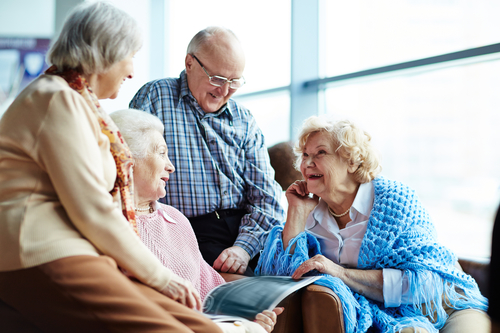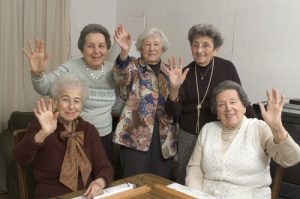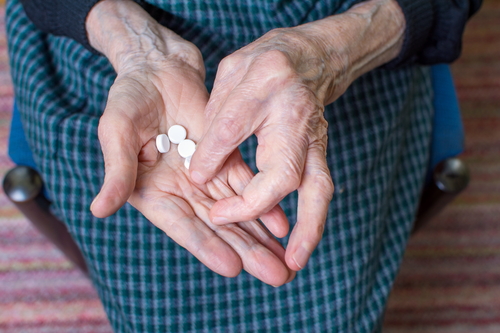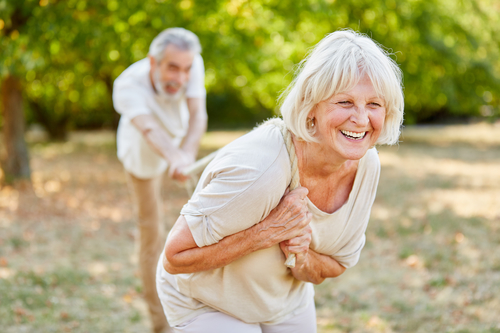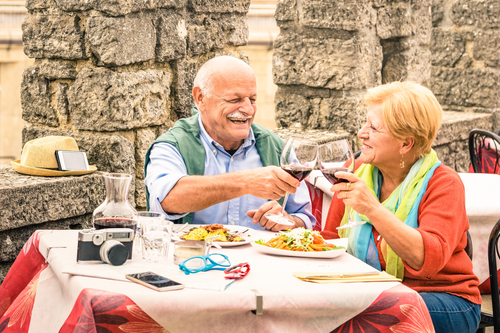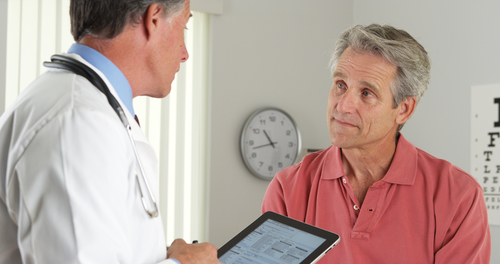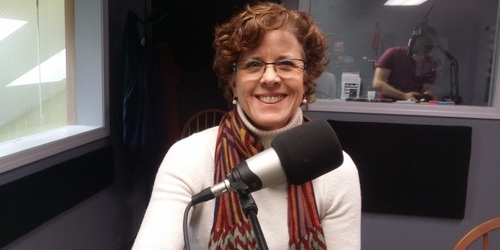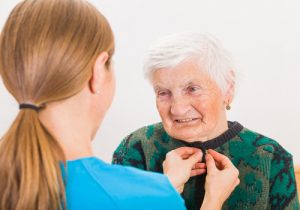We have all the heard the phrase “A body in motion, stays in motion.” What if this phrase is a key to aging well? Of course, exercise is important to stay healthy, but are you aware of the good it can do as you get older? Exercise can help stall the natural decline that comes with age.
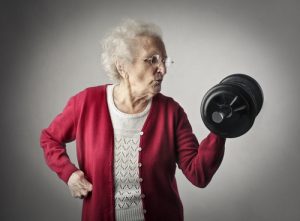
A Body in Motion, Stays in Motion
For many people, they feel that they are too busy to work out, they have work, families, and other things that get in the way. But, you can do high intensity but short workouts. While it sounds intimidating it really means exercising at a 100 percent for a few minutes and have long recovery times in between.
A Mayo Clinic study found that high intensity workouts have helped change muscles at the cellular level, even reversing decline due to a sedentary lifestyle. A typical high-intensity workout lasts less than 15 minutes, including a warm-up and cool-down, but has been shown that the benefits are the same or greater than an hour or more of continuous and moderate exercise.
Different Workouts to Try
One workout you can do is lift weights, and I don’t mean like those professional body builders. In traditional weight training, it’s advised to find the heaviest amount that we can lift one time. We then use this number to shape the rest of the program where you would lift 80 to 90 percent of that weight until your limbs shake from tiredness.
Recently, scientists have found that doing a weight program where the weight was set between 30 to 50 percent, study subjects could lift the weight up to 25 times before muscles were exhausted. The key for both groups was to grow tired. The volunteers in both groups had to attain almost total muscular fatigue in order to increase their muscles’ size and strength.
How Exercise Helps You
Exercise not only helps the inside of your body but the outside as well, exercise is good for the skin and reverses signs of aging. After around 40, the outer layer of our skin, the stratum corneum, gets drier, flakier, and denser as we age. The inner layer of our skin, our dermis, starts to thin, giving a sagger more translucent look.
In one study of volunteers, ages 20 to 84, researchers studied their skin. They found that the men and women 40 and older who exercised frequently, had thinner, healthier stratum corneums and thicker dermis. Their skin was much closer to that of the 20 and 30-year-olds, even if they were past age 65.
You can read more here.
